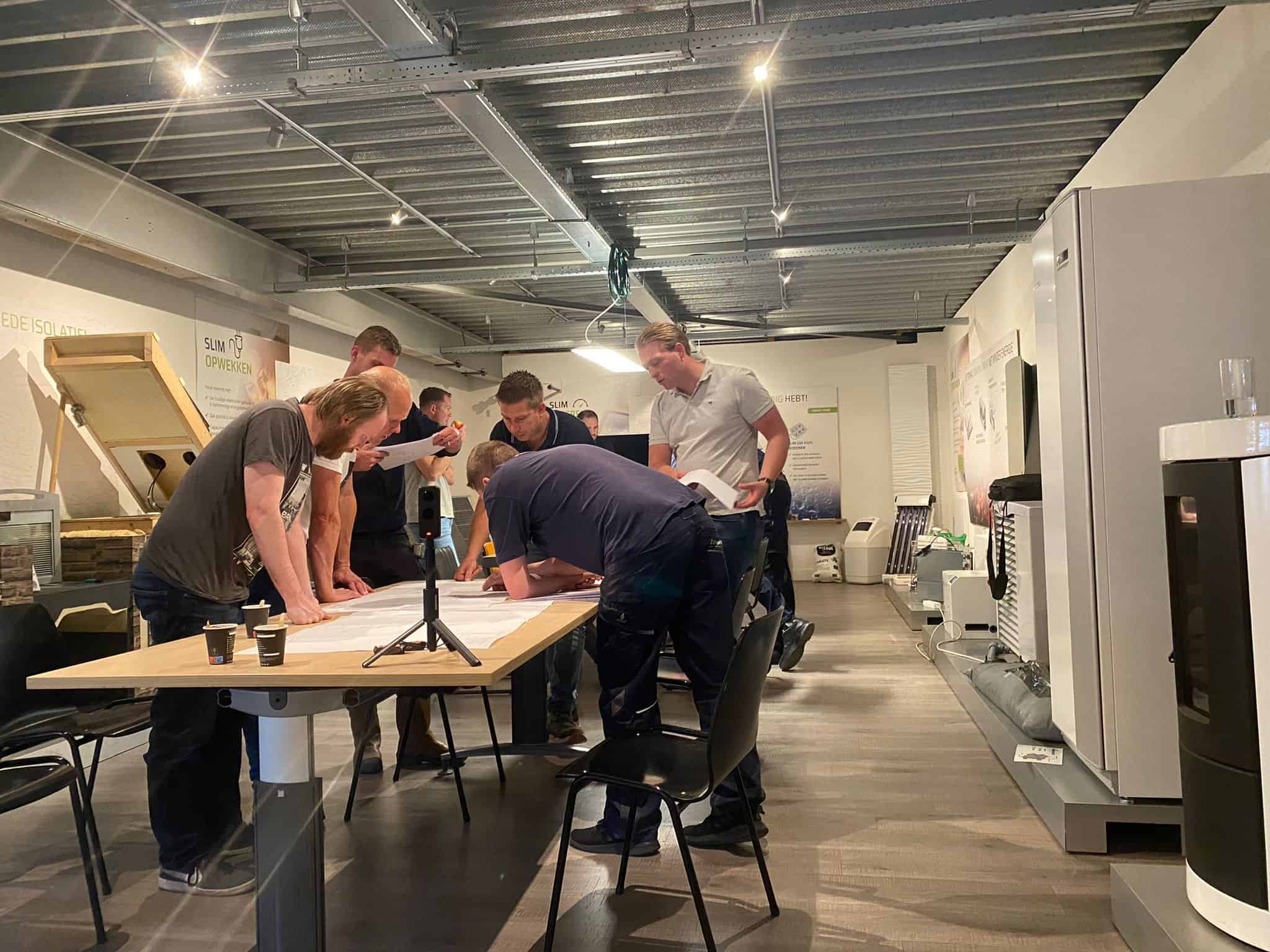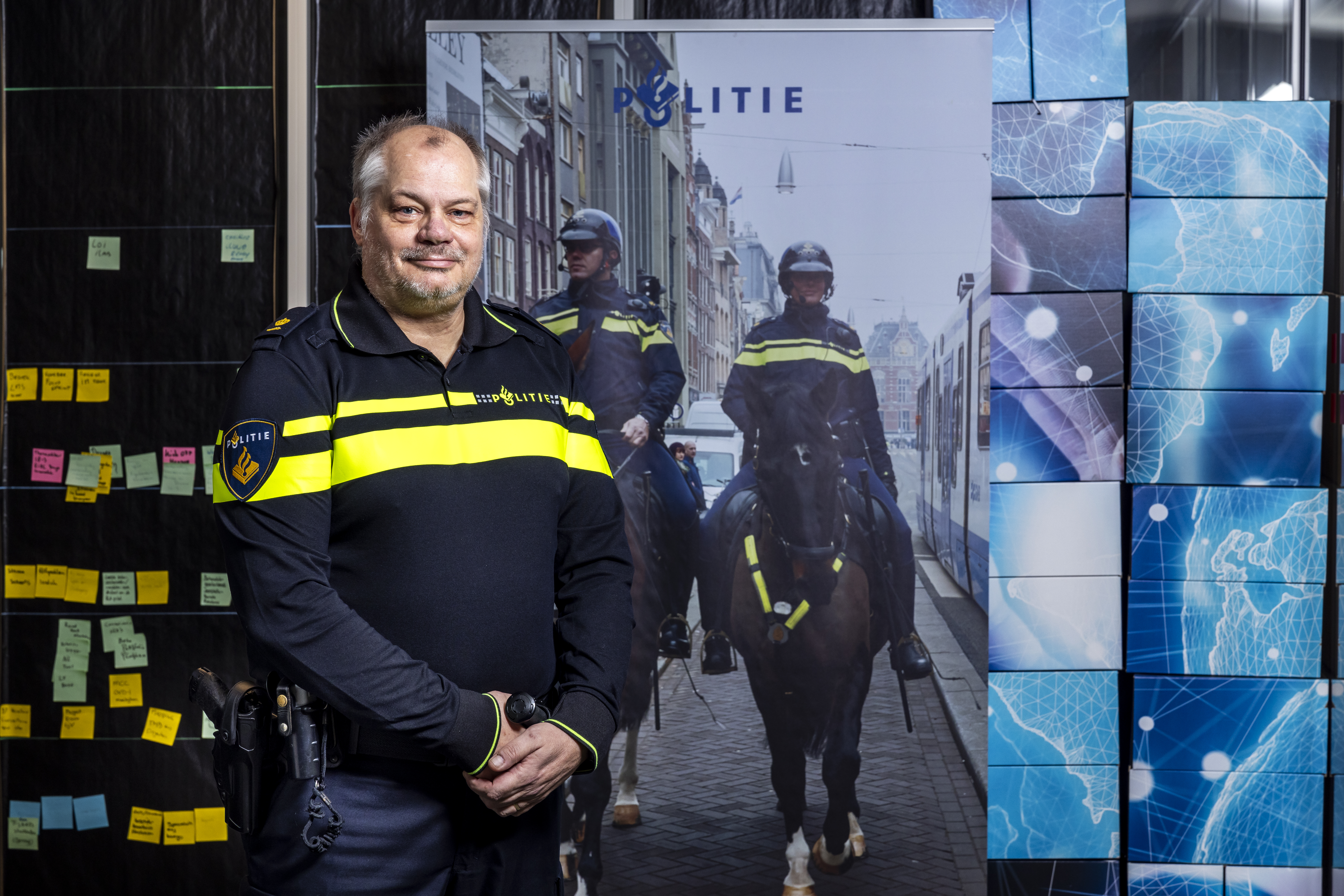
The Corona Pandemic baby has passed its first birthday party. And just like a woman having a child and becoming a mother, we entered into unpaid parental leave. Either take a 24/7 job of being a parent to a newborn while we had to either keep our normal work, or accept the consequences of becoming full-time stay-at-home parents.
Like having a new baby, we also grew with this baby. Learning something new about it every day as well as about ourselves. Re-examining our own priorities and patterns, while learning how to co-exist with this additional family member.
After more than a year, we are still struggling to understand the level of impact it has on our lives, and on our physical and mental health. That, along with financial stability, the job market, and globalization, are all topics that have been discussed daily at home, on the work floor, and in the government. Especially where young people are concerned.
Pressure cooker
The past year worked like a large-scale pressure cooker test environment where we got to adjust our mindset and priorities. Not only on personal levels, but across society as a whole. It has since become clear to me that:
- Predicting the future is hard and we should not bet our money on one horse. That’s common sense. Yet in reality, predicting the future while figuring out various scenarios is time-consuming and complex. In the 24/7 global marketplace, fierce competition, quick decisions and operating in firefighting mode have become normality. This not only makes us vulnerable to sudden changes, but also blindsides us against the long-term impact of our so-called progressive decisions. Pushing the Electric mobility agenda without proper attention to the production of green electricity and finding fundamental solutions in this is one good example.
- A market economy supported by growing globalization has helped us to optimize supply and demand in such a way that many products and services depend on a single supplier or limited ones. Here I am simply referring to decisions based solely on price competition. Having access to basic masks or test tubes during the early stages of the corona is a great example of this. This pandemic has triggered Europe to think about whether we need to bring manufacturing back to Europe. Plus, if we do our homework on “predicting the future” better, if we can make better choices of what kind of manufacturing jobs we also need to have in Europe.
- Digitalization showed its power in The Netherlands. Whether it was giving online classes to my 7-year-old daughter, or shops and restaurants continuing to provide their products and services. Digital supermarkets are the norm these days and have been an essential part of our survival strategy. Digital collaboration has enabled scientists from the globe to work around the clock to work on COVID vaccines. Albeit ironically, not on medicine for every disease.
- Human capital pre-covid was looked upon as an inefficient, time- and cash-consuming parameter of societal and corporate balance sheets. A year of work-from-home has made it clear to us that part of those so-called inefficiencies can be reduced by digitalizing and optimizing processes. But there is a hidden and much bigger value to it. We all miss the crowded office corridors and busy school grounds, talking about “non-related topics” and just being human. Innovation and creativity also suffer from missing that human factor. Even though MSTeam and Zoom meetings are a good quick fix and will stay that way, we need face-to-face interaction. On top of that, innovation is not a sprint or event marathon, it is a relay race. I would argue that after +1 years of distance learning, we have to shift our focus onto the next generation.
- Preparing for the future goes hand in hand with “predicting the future.” While we have to make sure to achieve targets, we need to come up and implement smart ways to empower youth through education. Today is the golden time to rewrite our standards and regrow. After a year of being at home, the (mental) health issues of youth are alarmingly high. It worries me how little has been done so far. However, the education system is not helping either due to the limited resources available to support tstudents’ individual needs. I have huge respect for teachers and we can do so much more to empower and support them in building and shaping the future. I also believe in the power of higher education. Especially when it comes to adding a more feminist, artistic and problem-solving flavor to it to stay progressive and innovative.
Tiger mom
The COVID baby needs a “tiger mom”. A parent that believes in grit and determination and wants the best for her child. A parent that does all that is in her power to provide the best environment for children to flourish. Parents who empower them to achieve that through education and believing in themselves.
Note: this piece is a personal opinion article, based on my own experiences living in the Netherlands the past year.
About this column
In a weekly column, alternately written by Eveline van Zeeland, Katleen Gabriels, Helen Kardan, Eugène Franken and Colinda de Beer, Innovation Origins tries to find out what the future will look like. These columnists, occasionally supplemented with guest bloggers, are all working in their own way on solutions for the problems of our time. So tomorrow will be good. Here are all the previous articles.







